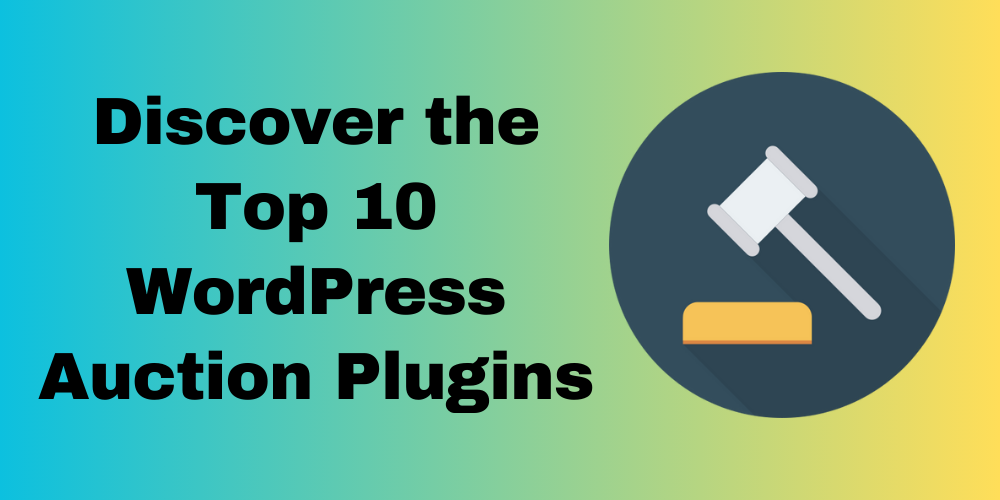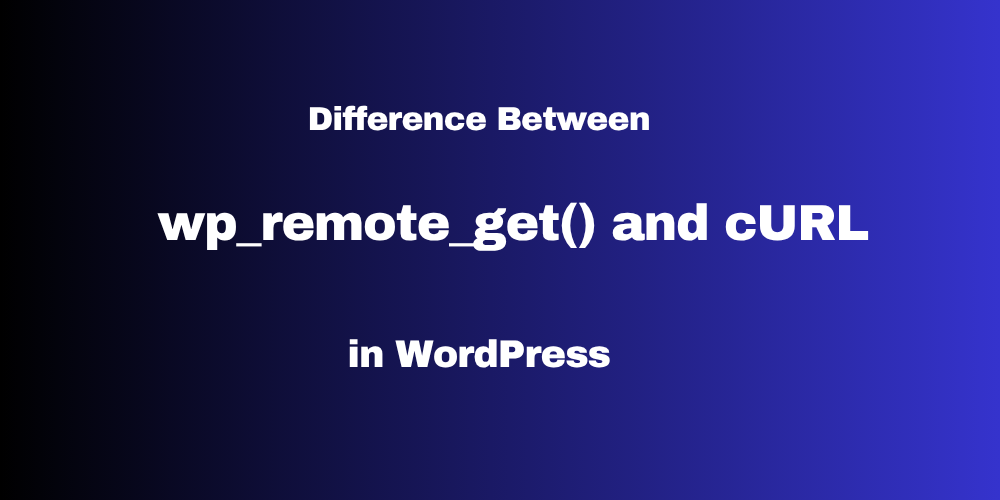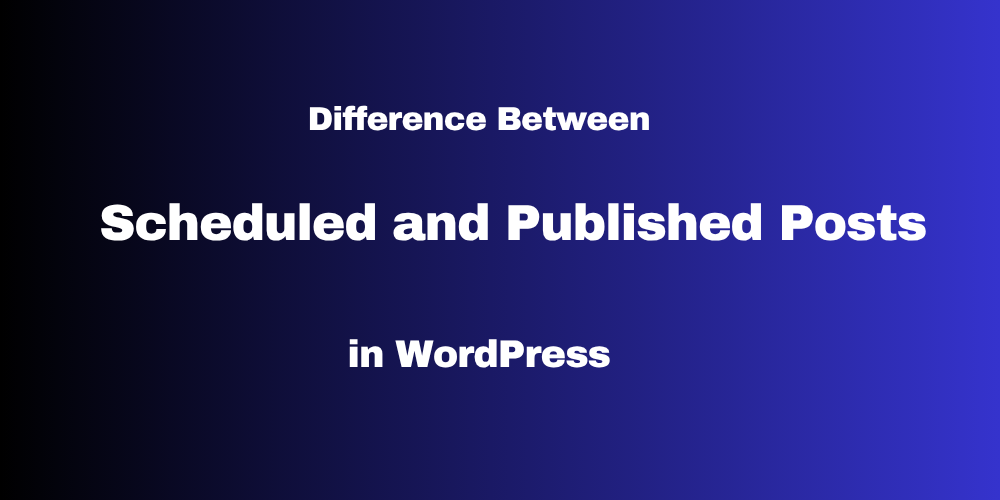Table of Contents Overview Ultimate Auction Pro Auctions Made Easy for WooCommerce Auctions for WooCommerce…
Difference Between wp_action and init Action in WordPress (Explained)

Table of Contents:
- Introduction
- What is
initAction in WordPress? - What is
wpAction in WordPress? - Key Differences Between
initandwp - When to Use
init - When to Use
wp - Final Thoughts
- FAQs
Introduction
WordPress offers many hooks to run your custom code. Two of the most commonly used action hooks are init and wp. They may sound similar but are used at different stages of WordPress loading. In this post, you will learn the difference between wp_action and init action in simple terms.
What is init Action in WordPress?
The init action hook is one of the first hooks to run after WordPress finishes loading. It is triggered after WordPress has loaded all core files but before any headers are sent.
Common uses of init:
- Register custom post types and taxonomies
- Register custom shortcodes
- Load translations
- Start sessions
- Enqueue scripts (conditionally)
add_action('init', 'my_custom_function');
function my_custom_function() {
// Custom post type or shortcode registration
}
What is wp Action in WordPress?
The wp action is triggered after WordPress has parsed the request and query variables are available. At this stage, you can access query data and the global $wp_query object.
Common uses of wp:
- Modify query-related data
- Conditional content loading
- Tracking and analytics
add_action('wp', 'check_if_page_is_home');
function check_if_page_is_home() {
if (is_home()) {
// Do something only on homepage
}
}
Key Differences Between init and wp
| Feature | init (action) | wp (action) |
|---|---|---|
| Trigger Timing | Early (before query variables) | Later (after query variables are set) |
| Access to Query Vars | ❌ Not available | ✅ Available |
| Headers Sent | ❌ Not yet | ✅ Already available |
| Use Case Examples | Register post types, taxonomies, shortcodes | Conditional logic like is_page(), is_home() |
Access to $wp_query | ❌ Not safe | ✅ Safe to use |
| Used For Custom Routing | ✅ Yes | ✅ Sometimes, with query info |
| Run During Initialization | ✅ Yes | ❌ No (runs after setup) |
| Affects Output Buffer | ✅ Yes (early stage) | ✅ Yes (can modify output after query) |
When to Use init
Use init when you need to set up things before WordPress sends the headers or starts dealing with requests. It’s perfect for:
- Custom post type registration
- Starting a session
- Adding shortcodes
- Loading translation files
When to Use wp
Use wp when your logic depends on the type of page or post being requested. It’s best for:
- Conditional checks like
is_home()oris_single() - Adjusting logic based on
$wp_query - Tracking or analytics based on page type
Final Thoughts
Knowing the difference between wp_action and init action in WordPress helps you write cleaner and more efficient code. Use init for setup tasks and wp for actions that depend on the current request.
FAQs
Can I use is_page() inside the init hook?
No, is_page() and similar functions won’t work correctly in init because the query isn’t ready yet. Use the wp hook instead.
Which hook runs first—init or wp?
init runs first. wp runs later, after WordPress parses the query.
Can I enqueue scripts in wp instead of init?
You can, but it’s better to use wp_enqueue_scripts for enqueuing frontend assets.
What’s the best hook to check if the current page is the homepage?
Use the wp hook, then check with is_home() or is_front_page().







This Post Has 0 Comments